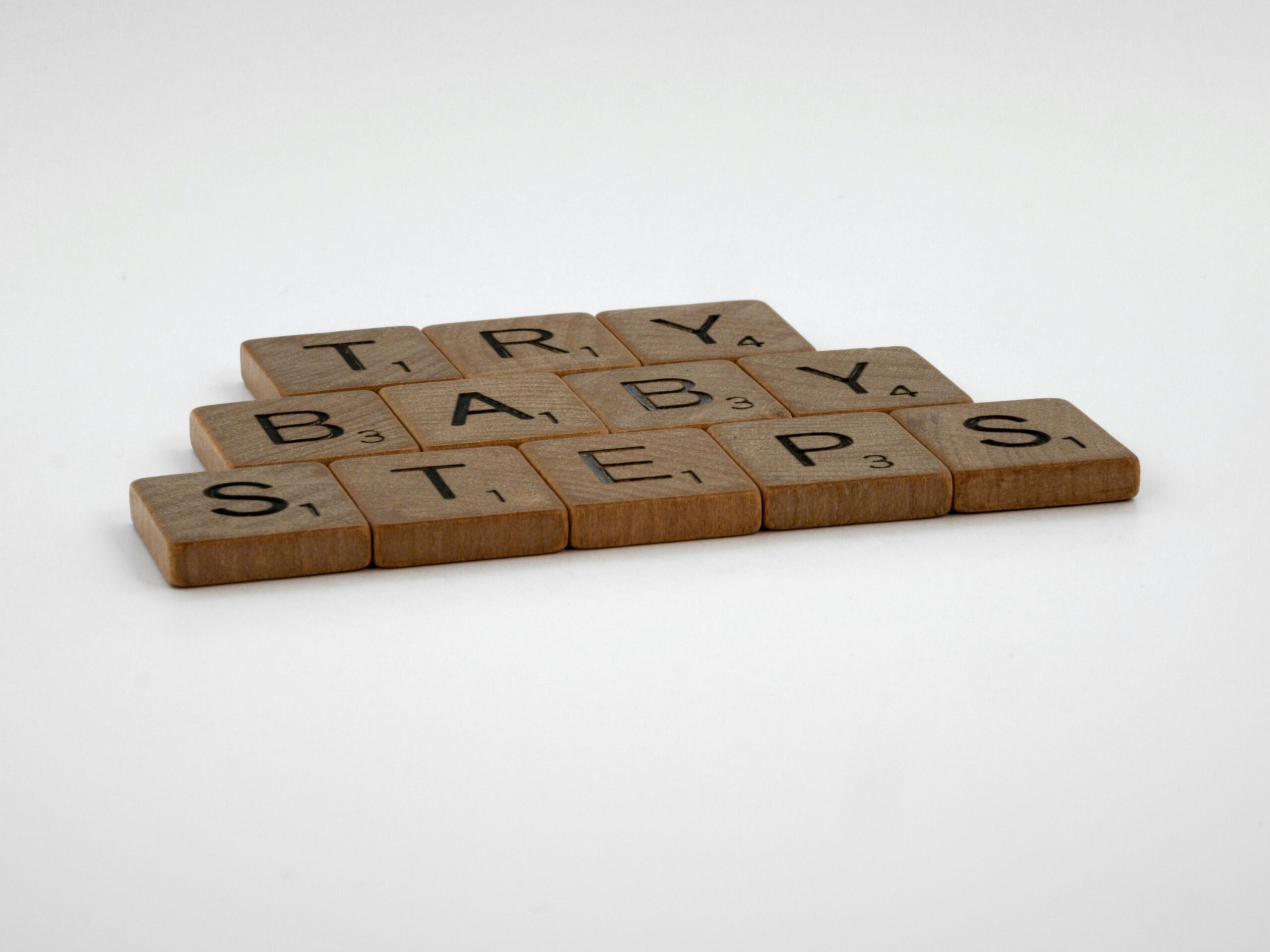Change—real, transformative change—takes time. But in a world that thrives on urgency, it’s easy to feel like we’re falling behind. Teams are constantly being asked to do more, move faster, and juggle competing priorities. When it comes to building systems that prioritize our humanity, this pressure is even more intense. The stakes are high, and the path forward can feel daunting.
But here’s the truth: sustainable change is not about grand gestures or overnight success. It’s about creating the space for ongoing, steady progress. And that means embracing small, intentional steps that build over time.
The Burden of Urgency
It’s common to feel overwhelmed when the path ahead seems endless. We’ve seen it time and again with leaders and teams. They’re energized by their vision of what work could feel like, but when they look at the long road ahead—engaging all staff in the vision, building clarity and alignment across priorities, fiscal stability to achieve and maintain—they’re left wondering: How will we ever get there?
That sense of overwhelm is real. It’s human. But it’s also where small systems can make all the difference.
In our conversations, we’ve seen how urgency—especially in the midst of organizational change—can derail teams. The constant feeling of needing to “catch up” or “fix everything” immediately creates burnout and, ultimately, inaction. But when teams shift their mindset from urgency to intentionality, things can change.
Small Systems, Big Impact
The most effective teams we’ve worked with understand that progress happens in steps. They’ve learned to create systems that make the work sustainable. Systems aren’t just for logistics—they’re about creating a consistent space where important conversations and connection can happen without feeling like an additional burden.
After concluding a values excavation process with one of our clients, the values committee was extremely excited to continue the work on their own – to operationalize the values into their systems and structures. One of the barriers they had was that they lacked structures to continue the work. It was almost an invisible barrier to them; it manifested in a complete stall and a stuck feeling of not knowing what to do next.
In the meantime, we engaged their operations team to build a hiring process that supported both internal promotions and a high-quality external candidate pool. This process resulted in over 80 applicants, as well as three internal promotions without the need to engage and manage multiple recruiters. This intentional process was a series of strategic small steps over the course of four months. Not a quick process, but it resulted in hiring and promoting people who are excellent for their role and supportive of the direction the organization is going. It created a blueprint for them in how to build values-aligned systems.
Two employees who were directly impacted by the hiring process later joined the values committee. When we reengaged with the committee to build a structure for values implementation, the experience of the hiring process became a touchstone for how to continue building on the foundation of values. This time, they really understood the importance of small steps. If they cannot create a system to consistently meet and discuss, the work doesn’t continue. The focus on building the structure to hold their work became the first and most important step. Currently, they are planning to collaborate with organizational leadership team members to begin socializing the values across the organization. All without us!
These systems become the foundation for long-term change. They provide clarity, reduce decision fatigue, and allow everyone to focus on the work instead of constantly rethinking the process. Once a system is in place, the work can continue without losing momentum.
Celebrating Progress
One of the biggest challenges we see in organizational change and development is the tendency to focus on how far there is to go, rather than celebrating how far we’ve already come. But acknowledging small wins is essential. It’s what fuels the work and keeps the momentum going. Celebration is also a critical reflection process that helps you evaluate progress, direction and tactics so that you can make the next best decision.
When teams take the time to acknowledge what they’ve accomplished, they build the resilience to keep going. Consistency results in the demonstration of a clear commitment from their colleagues that simply feels good. They start to see that the journey, while long, is filled with moments of success, growth and connection.
The Path Forward
At its heart, creating space for long-term change is about building a sustainable approach. It’s about resisting the pressure to rush or get everything right immediately. Instead, it’s about creating systems and structures that allow the work to unfold over time.
So, if you’re feeling overwhelmed, step back and ask: What’s one small system we can build or adjust today? What’s one action that will create space for ongoing progress? Start there.
We’d love to partner with you to build human-centered systems.
